6 Steps of Nonviolent Social Change
“INFORMATION GATHERING: To understand and articulate an issue, problem or injustice facing a person, community, or institution you must do research. You must investigate and gather all vital information from all sides of the argument or issue so as to increase your understanding of the problem. You must become an expert on your opponent's position.”
“PERSONAL COMMITMENT: Daily check and affirm your faith in the philosophy and methods of nonviolence. Eliminate hidden motives and prepare yourself to accept suffering, if necessary, in your work for justice.”
DISCUSSION/NEGOTIATION: Using grace, humor and intelligence, confront the other party with a list of injustices and a plan for addressing and resolving these injustices. Look for what is positive in every action and statement the opposition makes. Do not seek to humiliate the opponent but to call forth the good in the opponent.
“DIRECT ACTION: These are actions taken when the opponent is unwilling to enter into, or remain in, discussion/negotiation. These actions impose a "creative tension" into the conflict, supplying moral pressure on your opponent to work with you in resolving the injustice.”
One exception to this has been seen in the work taking place in Maryland after the death of Ethan Saylor.

“RECONCILIATION: Nonviolence seeks friendship and understanding with the opponent. Nonviolence does not seek to defeat the opponent. Nonviolence is directed against evil systems, forces, oppressive policies, unjust acts, but not against persons. Through reasoned compromise, both sides resolve the injustice with a plan of action. Each act of reconciliation is one step close to the 'Beloved Community.'”
#RaceAndDownSyndrome
In recent months as The Road has been trying to raise awareness we’ve realized that:
- the Down syndrome community at large does not seem to be aware that the problem exists
- the research is outdated and therefore many people dismiss the findings as unreliable
- research funds are extremely limited to do follow-up studies
In the months to come we will be dedicating a good portion of our time to working on this issue.
WWMLKD?
(What would Martin Luther King do?)
- Who should we be working with?
- How do we get the information to the people who need to know?
- What research can we do to make sure we have a better understanding of the problem?
- What does success look like?
- What are our motivations? How do we get others involved?
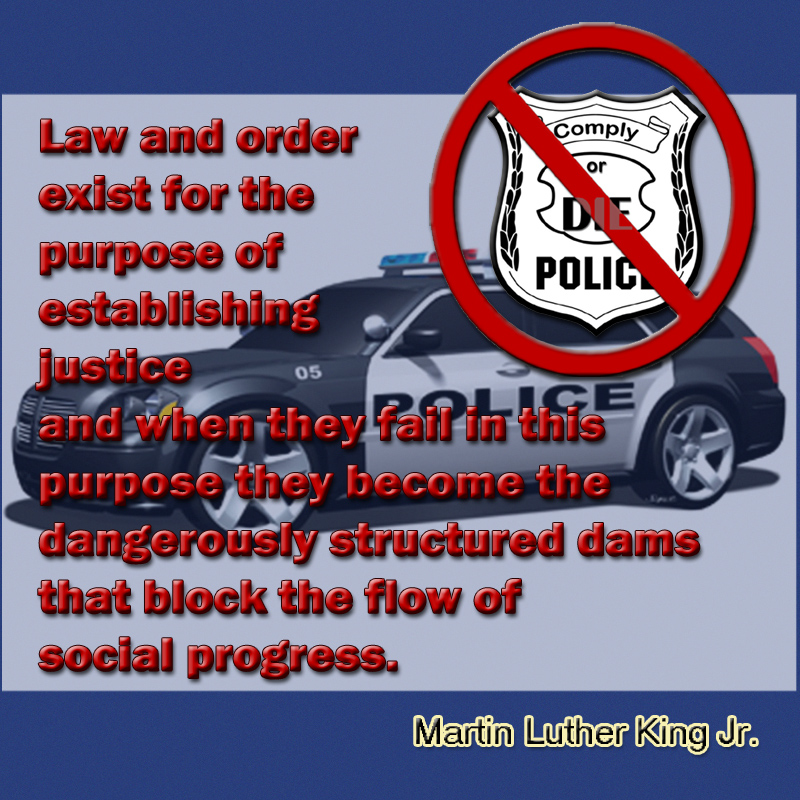
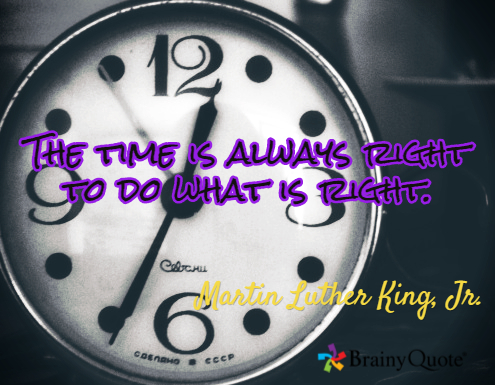
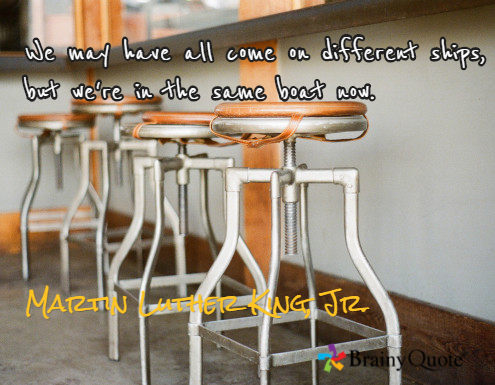
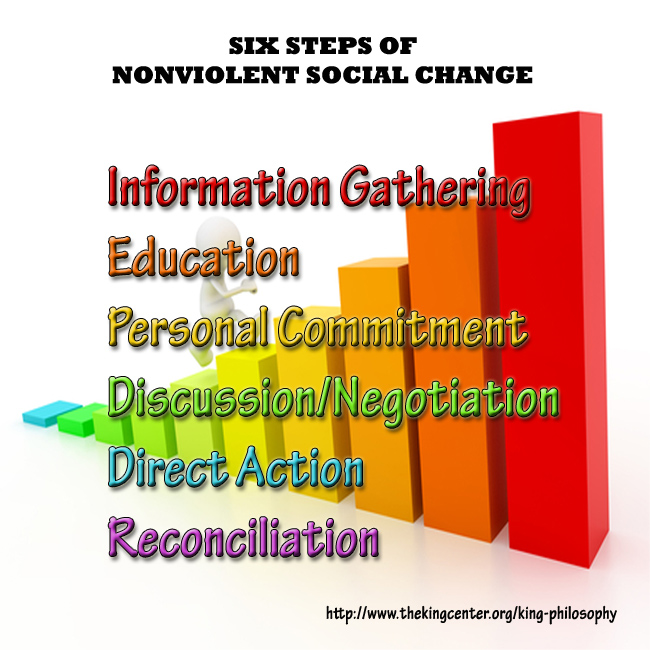
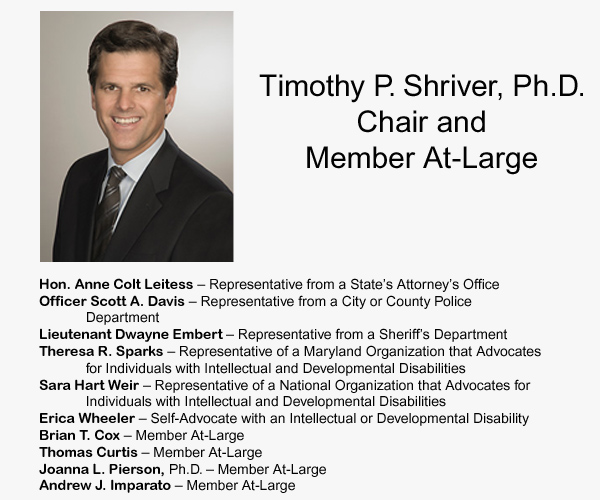
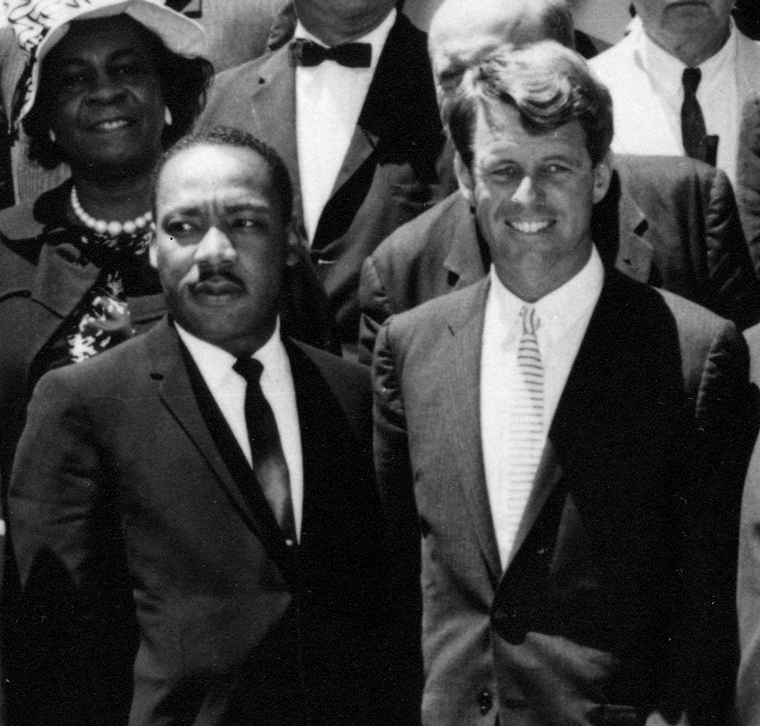
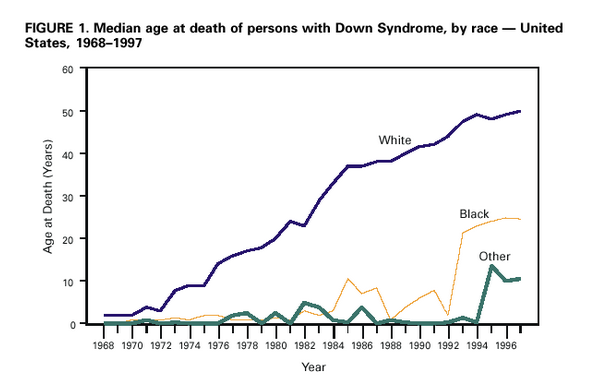
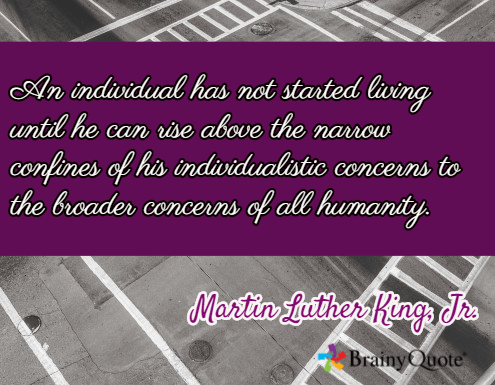
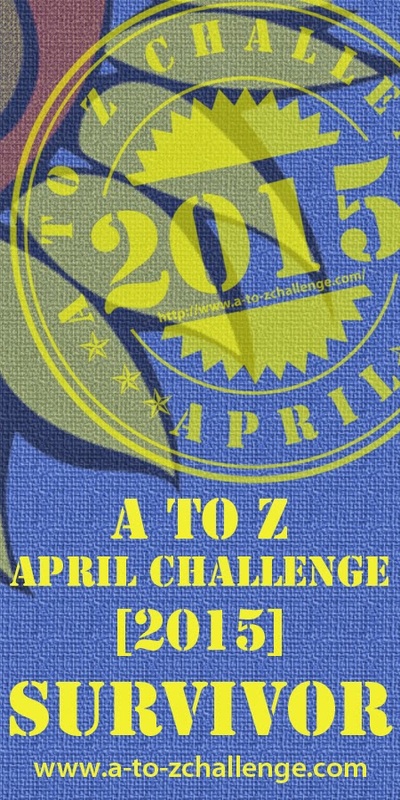

 RSS Feed
RSS Feed

